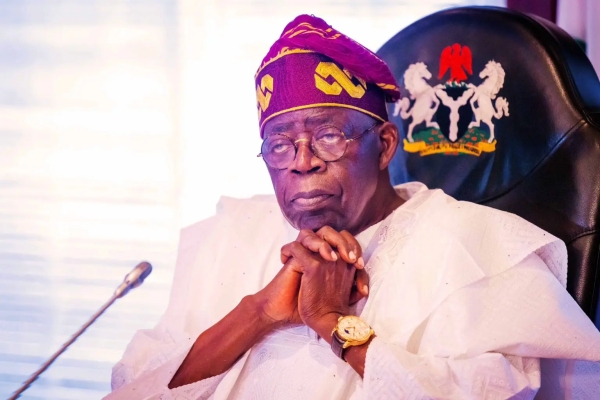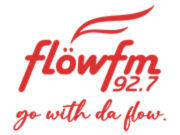Organised Private Sector Rejects N70,000 Minimum Wage, Demands Adjustments

Following President Bola Tinubu’s announcement of a N70,000 minimum wage for Nigerian workers, the Organised Private Sector of Nigeria (OPSN) has expressed strong opposition to the new wage level.
The Organised Private Sector which includes major business membership organizations such as the Manufacturers Association of Nigeria (MAN), the Nigerian Association of Chambers of Commerce, Industries, Mines and Agriculture (NACCIMA), the Nigeria Employers Consultative Association (NECA), the Nigerian Association of Small and Medium Enterprises (NASME), and the Nigerian Association of Small Scale Industrialists (NASSI), has indicated that it can only afford to pay the previously agreed N62,000 minimum wage.
They commended the resolution reached between the Federal Government and the organized labour unions but emphasized the need for additional support to the private sector to meet the new wage requirement.
According to MAN Director-General Segun Ajayi-Kadir, the private sector faces significant challenges that make it difficult to comply with the N70,000 minimum wage.
Ajayi-Kadir called on the government to reconsider the decision, citing concerns that the current constraints could hinder full compliance.
In response to the announcement, Ajayi-Kadir highlighted that the final outcome of the tripartite committee negotiations had been a compromise at N62,000, with the private sector’s offer and the labor’s demand of N250,000.
To address these issues, the OPSN has submitted a list of demands to the government to enable businesses to better manage the new wage structure.
The demands include:
Exemption of SMEs and MSMEs from compliance due to their operational challenges.
Redemption of all validly transacted outstanding forex forwards for companies in the productive sector by the Central Bank of Nigeria (CBN).
Reversal of the increase in electricity tariffs or a 100% increase only if a minimum of 20 hours of electricity supply is guaranteed.
Duty exemption on imported conversion kits and government subsidy for their procurement.
A freeze on new business taxes for the next five years and a fixed rate of N800 for import duty assessment on all production inputs.
A revision of the recent Financial Reporting Council regulations to limit their impact on private businesses.
The OPSN’s stance underscores the ongoing tension between government policy and private sector capabilities, as the business community navigates economic pressures and regulatory changes.







